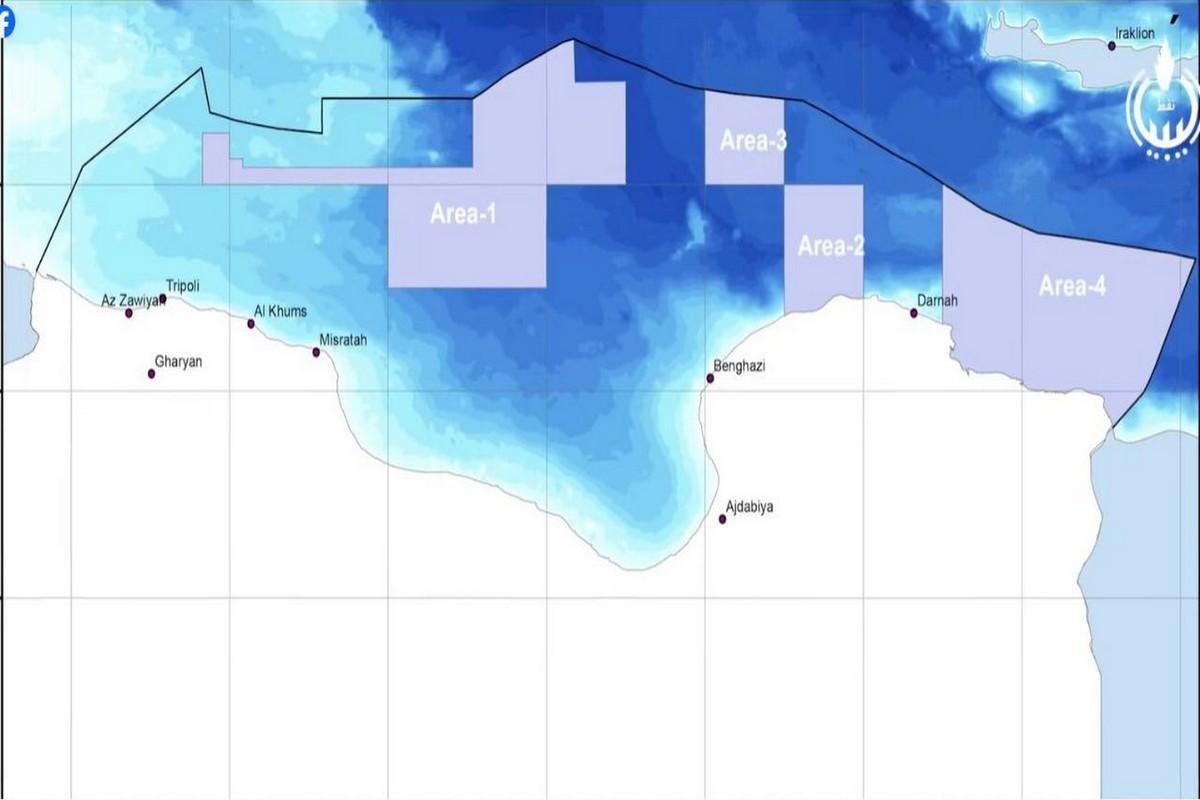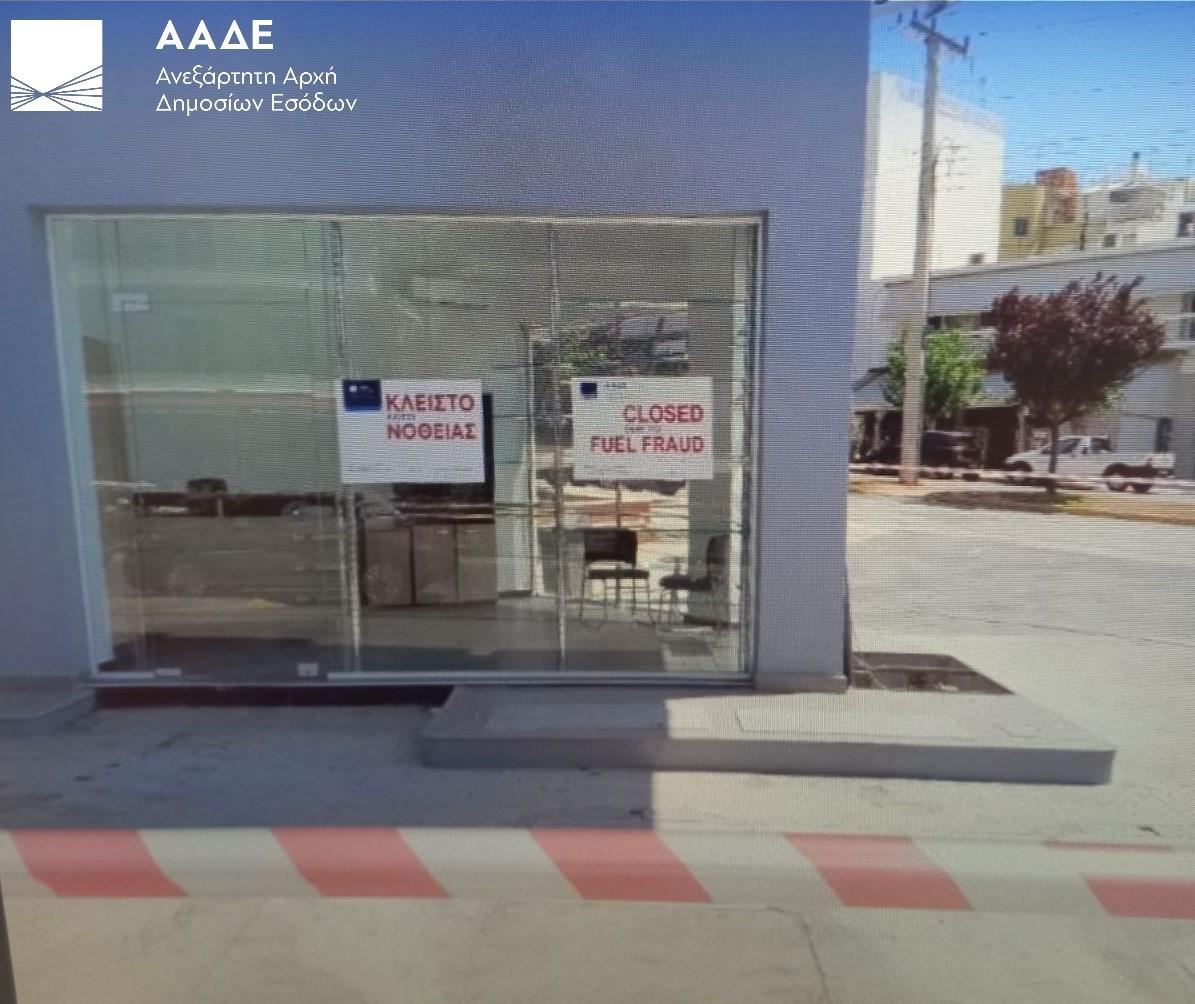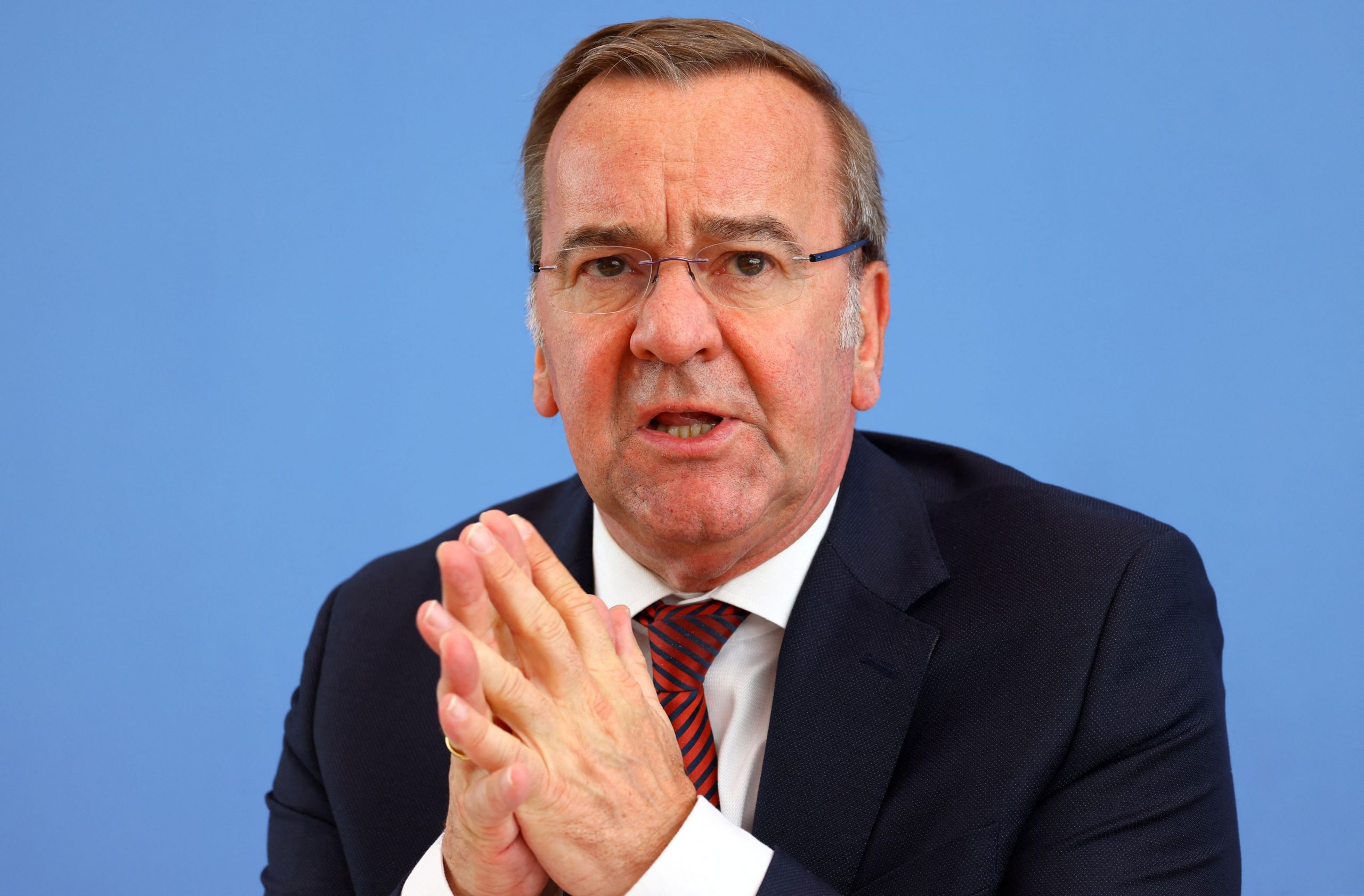With an eye on the uncertainties and unprecedented price hikes that the war in Ukraine has brought amid European backsliding on the issue of what measures should be imposed to put a brake on the rally in natural gas prices and beyond, the government is submitting to Parliament today the draft state budget with two main goals/forecasts: to ensure a surplus for 2023 close to 1% and to ensure that growth continues next year at a rate close to 2.5%.
Achieving these two objectives is directly linked to the investment grade that the government wishes to secure within the next year in order to be able to borrow from markets at lower interest rates compared to today’s, as bond yields have risen due to of the international situation.
Read also – The prospects of the Greek economy
Political risk
For 2022, the Ministry of Finance estimates – as will be mentioned in the draft budget – that the growth rate will reach 5.3%-5.5% (a more conservative forecast compared to the 6% of the governor of the Bank of Greece Mr. Giannis Stournaras). Meanwhile, for 2023, an important factor that will shape the final result is both the price of natural gas and the political risk which remains elevated according to Moody’s, as the elections will be held in 2023 in combination with the recession that will strike Europe, possibly affecting the country’s credit profile and delaying the acquisition of the coveted “investment grade”.
As the international rating agency estimates, the change in the electoral law, by abolishing the bonus of 50 seats, makes it unlikely that a party will win an absolute majority or enough seats to form a stable governing coalition. Therefore, a second round of elections in which the seat bonus will be reinstated and a period of a few weeks or more for the formation of a government is the most likely scenario according to Moody’s.
Reforms
Although Moody’s predicts that more time will be required for the formation of a government, it also considers that the risk of a reversal of reforms or a substantial change in the course of fiscal and economic policy is low, while creditors require Greece to continue fiscally prudent policies further promoting the necessary institutional and structural reforms.
According to a senior Finance Ministry official, the primary surplus of the state budget in 2023 will range from 0.8% to 1% and the growth rate just under 2.5% (around 2.3%). Of course, if the 2022 rate is above 5.5%, there will be a corresponding downward adjustment to the 2023 rate.
Regarding the debt, there will be a clear reference that it is sustainable and as a percentage of the GDP constantly decreasing due to the growth achieved, with accuracy of course.
As a competent government agent stated to “Vima” newspaper’s Sunday edition, “we are in a good place in relation to the debt and the combination of the high growth rate with its sustainability will lead us to win the investment grade in 2023”.
Measures announced at the Thessaloniki International Fair
In the draft budget there will be clear references to the measures announced by Prime Minister Mr. Kyriakos Mitsotakis from the floor of the 86th Thessaloniki International Fair. It should be noted that the total amount of interventions for 2023 is 3.2 billion euros.
These include: The complete abolition of the solidarity levy for all incomes earned from 1.1.2023. The increase in main pensions at a total cost of around €600m for 2023. The extension of reduced VAT on transport, coffee, soft drinks, gyms, dance schools, cinema and package tours, until June of 2023 (cost 246 million euros), student allowance increase and other measures that will be detailed in the draft budget.
Inflation at 11.4% and unemployment at 12.2% in August
Consumer prices in Greece again rose steeply in September. According to Eurostat, they increased by 12.1% on an annual basis. The annual rate was at 11.4% in August, according to ELSTAT, while according to Eurostat it was at 11.2%.
At the same time, Greece is once again high in the unemployment rate in the EU, as with 12.2% it occupies the second place, marginally behind the Spain (12.4%) which is first.
Based on ELSTAT data, the seasonally adjusted unemployment rate in August was 12.2% this year, with the employed amounting to 4,105,420 people, marking an annual increase of 46,812 people (+1.2%).














![Ευρώ: Ευκαιρία για Ευρώπη η στροφή των επενδυτών [γραφήματα]](https://www.ot.gr/wp-content/uploads/2025/07/15_07_ot_eyro_dol_EXO.jpg)


![Εξοχικές κατοικίες: Πόσο κοστίζει το τ.μ. σε Μύκονο, Σαντορίνη και Πάρο [γραφήματα]](https://www.ot.gr/wp-content/uploads/2025/07/14_07_ot_exoxika_EXO.png)





















